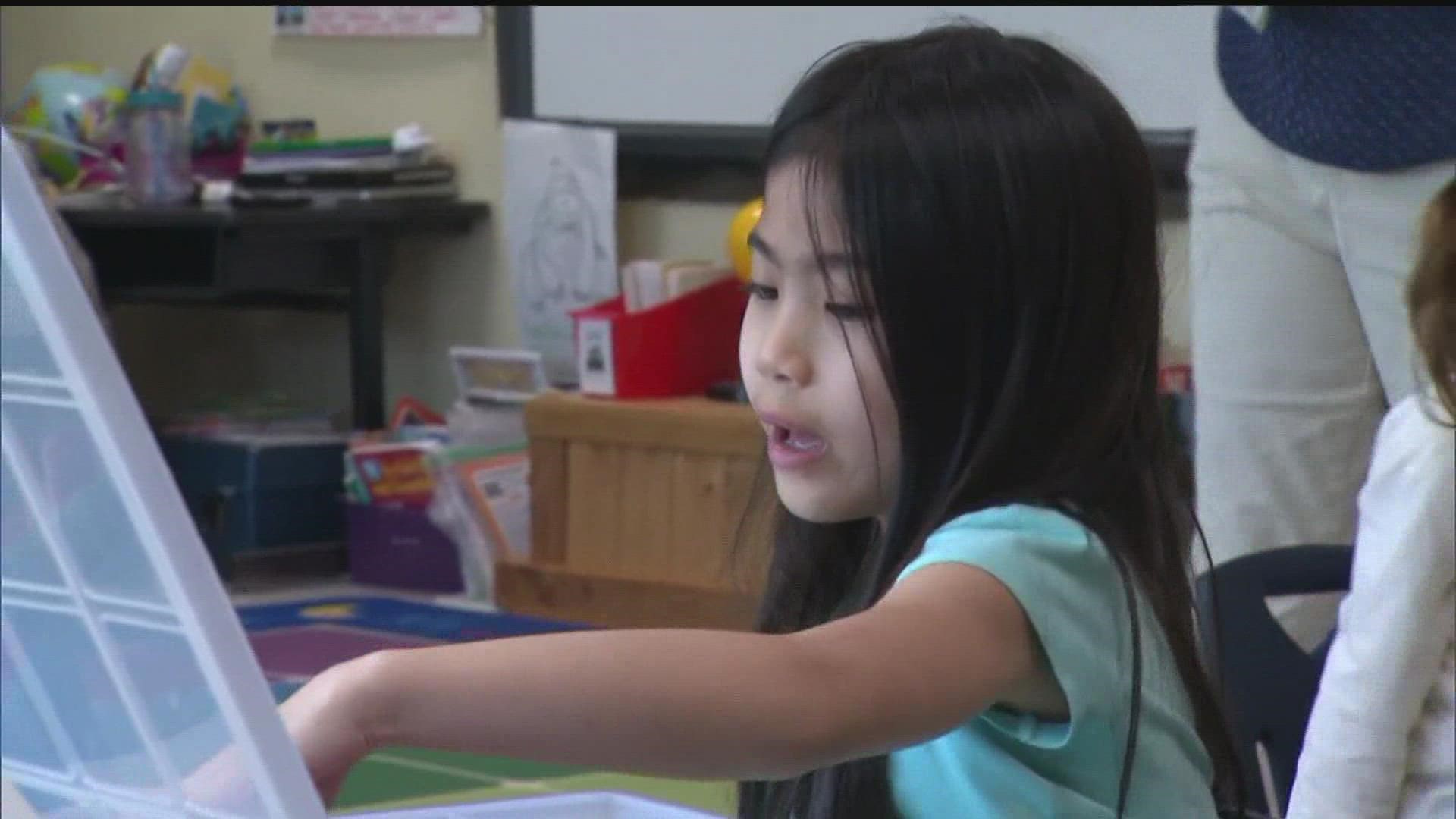ST PAUL, Minn. — The Minnesota House Wednesday moved ahead with a bill that will send more than $1 billion in new state aid to local schools across the state in the next year, and twice that in following two years.
The omnibus supplemental school finance and policy bill is aimed mainly at enhancing wraparound support such as counselors, social workers and nurses at a time when many school districts are facing budget cuts and staff layoffs. There's also money in the bill to help schools retain support staff.
The legislation sets aside $475 million across the next three years for mental health, plus $1.4 billion to help subsidize special education services that school districts are federally mandated to provide. An additional $170 million will go towards Early Childhood education.
The new money is in addition to school aid lawmakers passed last session for the current two-year budget cycle. That 2021 bill raised basic per pupil aid to local districts by two percent.
Rep. Jim Davnie, the Minneapolis Democrat who chairs the House Education Finance Committee, asserted it's essential to spend part of the projected $9 billion budget surplus helping students and staff as they emerge from the traumas of the COVID pandemic.
"I believe that every child in this state is worth our investment," Rep. Davnie told fellow lawmakers near the end of a five-hour debate on the House floor. "The Minnesota values I was raised with said the first responsibilities of adults is to look out for the welfare and well-being of young people."
The bill's policy highlights include restrictions on expelling children before they reach the fourth grade, adding ethnic studies to the statewide graduation standards and requiring Indigenous Peoples Day programming that coincides with the Columbus Day holiday.
"We’ve built a bill that begins to address the needs of our students, especially those who are disproportionately missing out on opportunities in our education system," Rep. Ruth Richardson, the Mendota Heights Democrat who chairs the House Education Policy Committee, remarked.
"This bill aims to tackle the disproportionate removal of Black, Indigenous, students of color, and students with disabilities from the classroom, which is a key contributor to our state’s achievement gap."
The bill passed by a 69 to 61 tally, with all Republicans voting against it. GOP lawmakers raised many objections to both the policy provisions and the funding level.
"Many people on my side of the aisle are unfairly accused that we don't want to spend money on education," Rep. Patricia Mueller, an Austin Republican told colleagues. "We want to. But we want it to be targeted and we want it to be something that will actually go to the classroom."
They said they prefer raising the per pupil aid formula because it allows local districts to decide for themselves how to spend the money, rather than it being restricted to certain purposes such as special education or mental health.
Rep. Pat Garofalo, a Farmington Republican, pointed out the House GOP caucus has more teachers in its ranks than the DFL caucus does.
"Teachers around the state need to know that we support them. They need to know that our support for them goes beyond how much money we spend or don't spend."
The spending levels in the bill put House Democrats on a collision course with Senate Republicans, who've added just $30 million in school funding for a targeted grade school literacy program.
They assert the legislature made a significant investment in public schools in last year's bill, which covers two fiscal years. GOP lawmakers have argued a better way to solve the achievement gap problem in urban school districts is to let state aid follow the students, allowing parents to spend that money on private school tuition.
Gov. Tim Walz, a career public school teacher, has been adamant that part of the historic surplus needs to go to education. He repeated those arguments in Sunday's State of the State address.
Watch the latest political coverage from the Land of 10,000 Lakes in our YouTube playlist:

